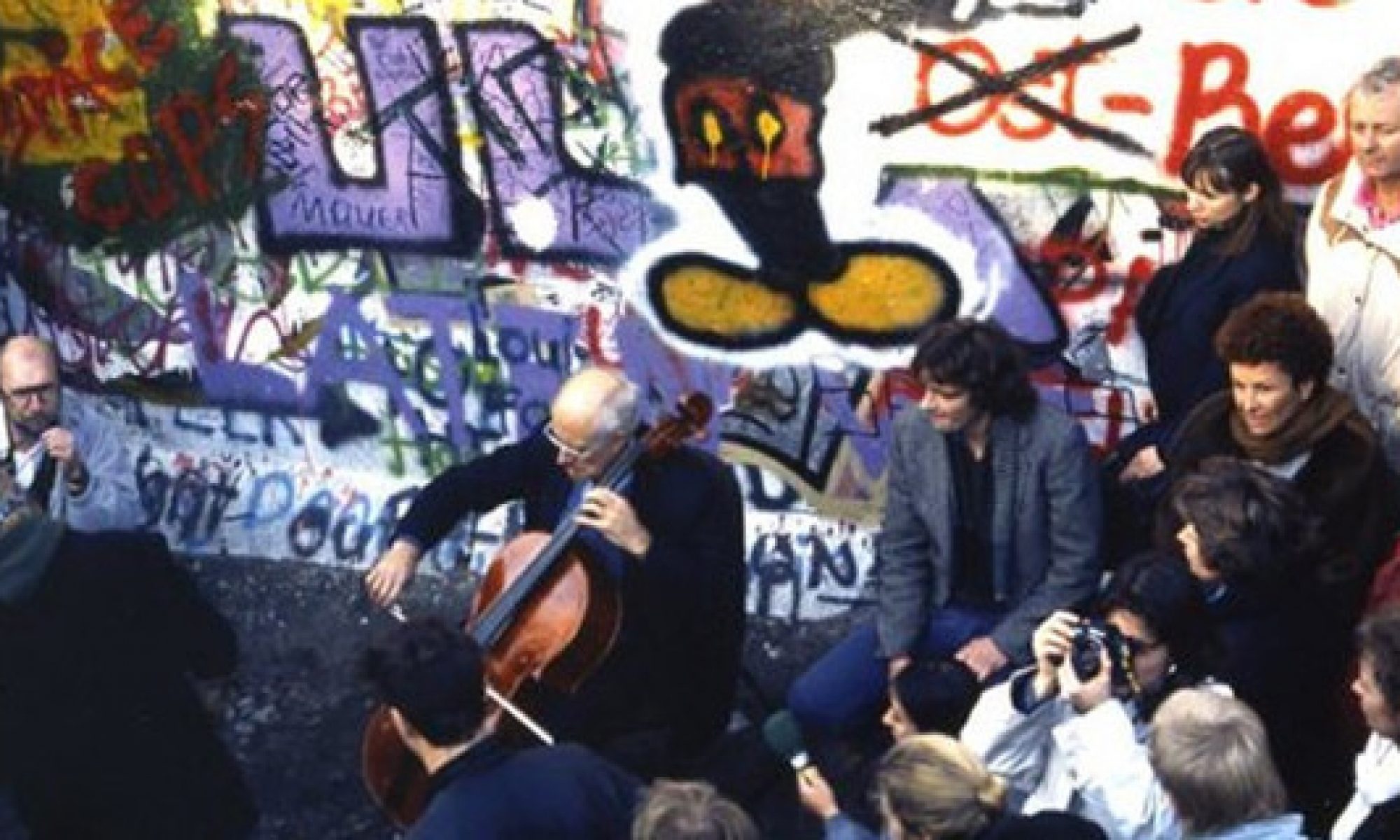Sydney Kightlinger
HIS-315 Blog Post
September 17, 2019
Much like our discussions previously in this unit, the music scandals of the Late Stalin period deal with the issue of what music is good socialist realism? The definition given by the party lacks direction. Arguably, the definition was left intentionally vague so that musician could figure out what soviet music ought to be, and though RAPM had lost their power by the time period we read about today, many of the issues that floated around after the civil war were still very relevant in this post-World War II moment.
In chapter four of Creative Union, however, we get the feeling that for the first time, there starts to be a real push to decide what could be considered “good” art, “Rather, they established the broad contours of a campaign, identified what were considered unacceptable examples of Soviet art, and instructed disciplined and unscathed artists alike to direct their efforts towards fixing newly identified problems,” (Tomoff, 98). As expected, this resulted in what Tomoff refers to “professional politics.” Orgkom used this new urge to align a musical excellence to purse a “purge” in the Composers’ Union, but the attempted works did not work out as intended. Moreover, the Alesksei Ogolevets’ Affair highlighted the lingering issues between party musicians and ambiguous Left musicians.
- In reference to Tomoff’s assessment of Ogolevets on page 110 and the piece we listened to today, do you think that there is still an emphasis on Western Musical traditional? Granted that the piece we listened to comes after Ogolevets, how do you think these can be weighed against each other?
Moreover, in chapter five, we get this very interesting debate on “formalism.” This is further enhanced with the supplementation of one primary source that Tomoff used in his argument. In “Against Formalistic Tendencies in Soviet Music,” we are presented with a scathing review of the opera, Great Friendship, that the Central Committee of the All-Union Communist Party calls “feeble and inexpressive” (Sovetskaia muzyka, No. 1 (1948), pp. 3-8) which led to the resolution of four tenets that music and it’s keepers need to adhere to:
1. To condemn the formalistic tendency in Soviet music as against the people and as actually to the liquidation of music.
2. To propose to the Administration of Propaganda and Agitation of the Central Committee and the Committee on the Arts that they endeavor to correct the situation in Soviet music, liquidate the shortcomings set forth in the present resolution of the Central Committee, and ensure the development of Soviet music in the direction of realism.
3. To call upon Soviet composers to become aware of the lofty demands made on musical art by the Soviet people, to clear away everything that weakens our music and hampers its development, to ensure that upsurge of creative work which will advance Soviet musical culture rapidly and lead to the creation of finished works of high quality, worthy of the Soviet people, in every branch of music.
4. To approve organizational measures of the appropriate Party and Soviet organs directed toward the improvement of musical affairs
(Sovetskaia muzyka, No. 1 (1948), pp. 3-8).
- With these new resolves in mind, how do you think Shostakovich’s Song of the Forests is responding to it? What elements are playing to these new rules? Are there elements that are not in accordance with them?

